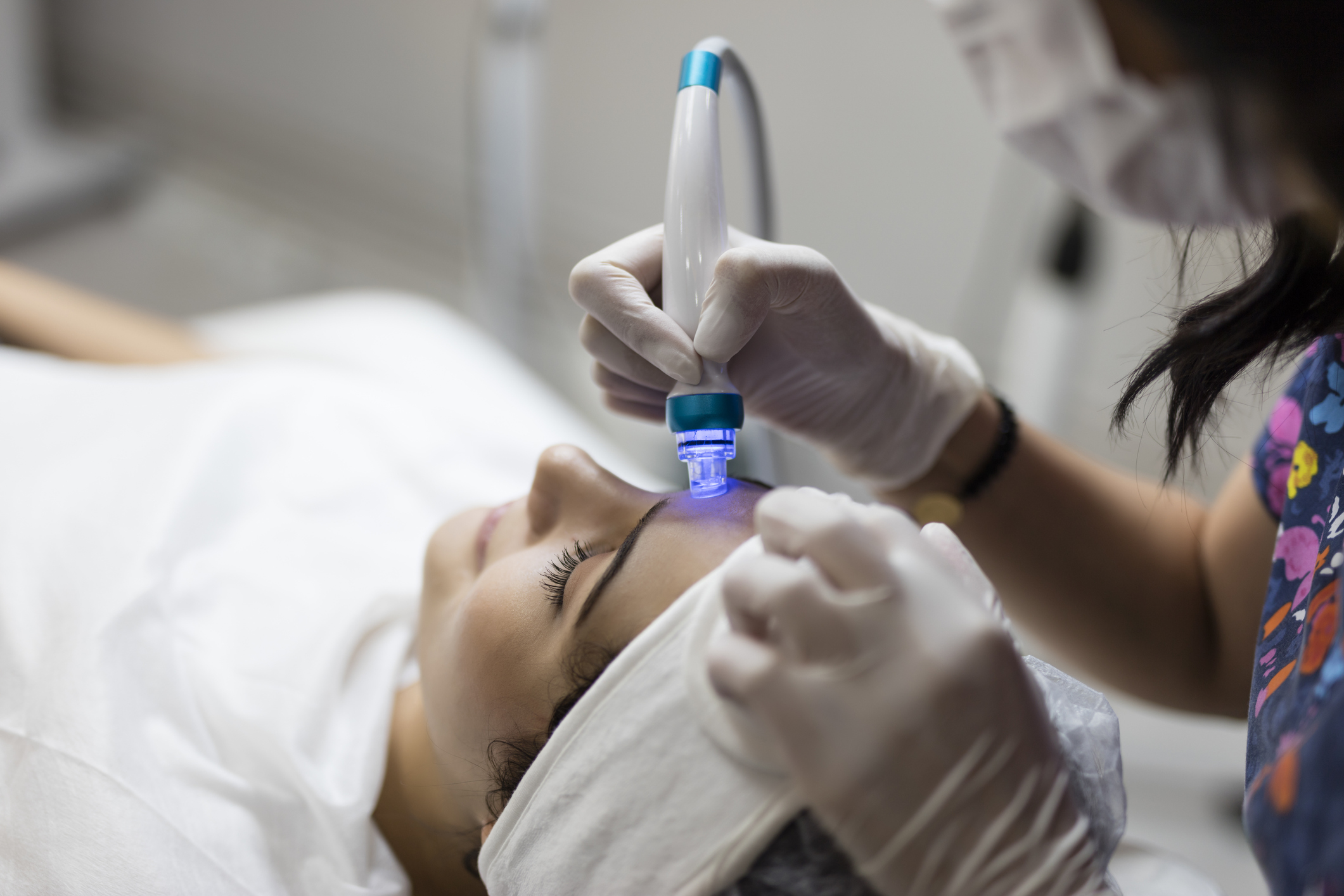Do you find yourself walking into a room asking yourself, "What was I coming in here for?" If so, then perhaps it's time to sit down and have a big cup of coffee.
For the first time, researchers have shown that caffeine, the chemical pick-me-up found in coffee, tea and soda, activates areas of the brain that aid working memory and attention. These regions are responsible for helping your short-term memory, allowing you to do things like look up a phone number and dial it without forgetting a digit.
Caffeine has "definite effects on short-term memory," said study author Dr. Florian Koppelstatter of the Medical University Innsbruck at a meeting of the Radiological Society of North America.
To test short-term memory, study participants, all male, were shown a series of letters and asked to respond when an image was the same as the one shown two images earlier. During the test, the researchers also looked at the brain activity in the participants.
Each man in the group took the test twice, once after drinking 100 milligrams of caffeine dissolved in water, the same amount found in about two cups of coffee, and once after drinking plain water. Both times, the men had fasted for 12 hours before the test to prevent other substances from affecting their memory.
When taking the test with the caffeine advantage, the men were not only able to remember the sequence better, they also answered the questions significantly faster.
Reviewing brain scan images, the researchers found that the regions of the brain that control working memory and attention were significantly more active when the participants drank the caffeine.
Health
While these results are promising, you may not want to rush over to the percolator every time you forget an item on your shopping list. Dr. Kopplestatter warns that less is known about how caffeine affects long-term memory and suspects that there may be differences in how frequent coffee or soda drinkers respond to caffeine.



